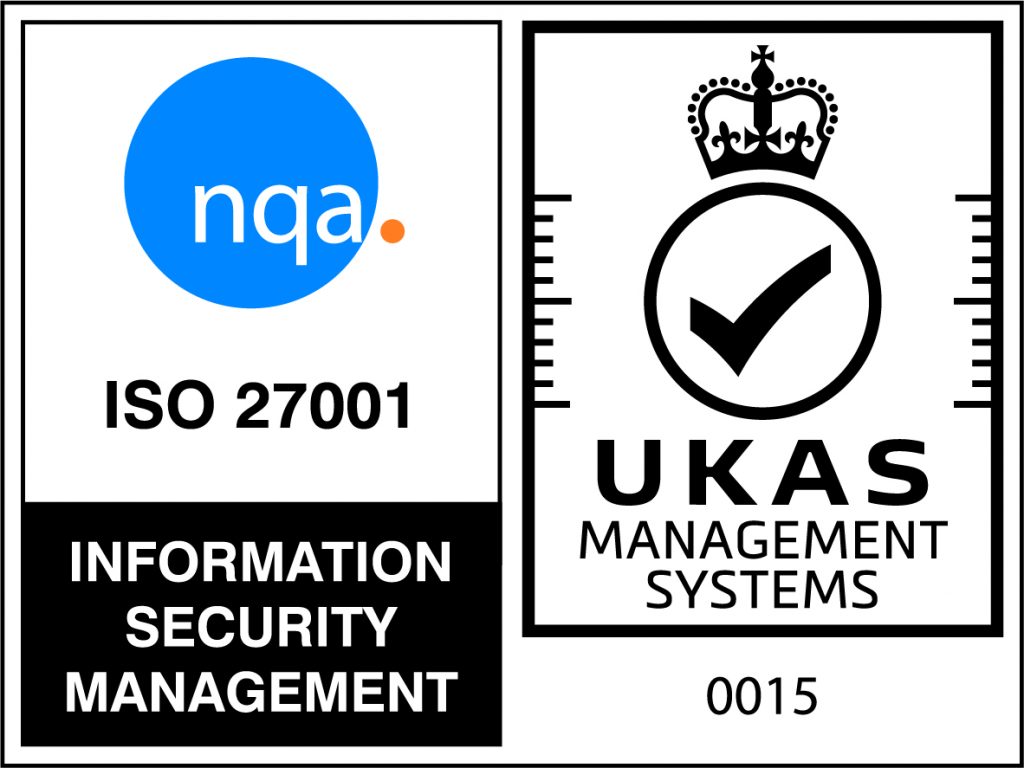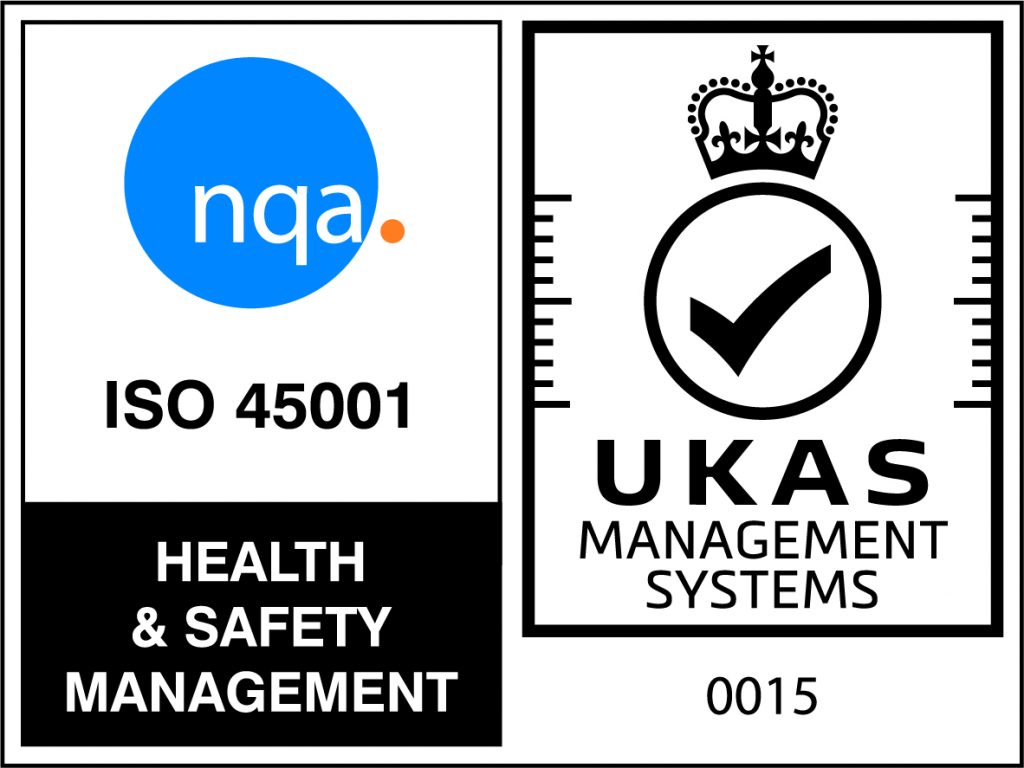Britain was in lockdown for significant parts of 2020 and yet there was still an increase in both the overall number of incidents and especially in the number of violent incidents.
According to Freedom of Information data requested from 39 police forces in England and Wales by charities Leonard Cheshire and United Response, there were 9,200 disability hate crimes reported to police in 2020-21.
What is disability hate crime?
Disability hate crime is a criminal offence which is perceived by the victim – or any other person – to be motivated by hostility or prejudice based on a person’s disability or perceived disability.
Hate crime can take place in person, online or by phone. It includes things like verbal and physical abuse, harassment, threatening behaviour and intimidation or damage to property.
Sometimes it is a one-off incident from a stranger, other times it’s an ongoing pattern of behaviour. Check disability hate crime rates in your area.
Leonard Cheshire and United Response commented: “Many disabled people we spoke to said they wouldn’t report their hate crime to the police, so our findings are likely to scarcely scratch the surface of the true scale of these horrific incidents.
“The stories we’ve heard suggest many police officers do not have a good understanding of disability. So we’re calling for a specialist disability liaison officer in every police force. We want the government to make disability hate crime easier to report too. We hope the upcoming Home Office Hate Crime Strategy will address just this. “
My experience
Sadly, I’ve experienced online and in-person disability hate crime including harassment and damage to property. I didn’t realise until after these incidents occurred, that were in fact disability hate crimes which means some of them went unreported to the police.
How to report hate crime
If you’ve been a victim of disability hate crime, or know someone who has been a victim, you can report it if you feel safe to do so.
Report it to the police
You can report it to the police by calling 101 or by filling out their online form.
You can also report it online with your regional police force on their own websites. If you’d prefer to speak to someone in person, you can also visit your local police station to report the crime.
Report social media hate crime
If you see disability hate crime taking place online, you can report it directly to the website, platform or forum. Here are some useful links:
- How to report a post on Facebook.
- How to report a post on Twitter.
- How to report a post on Instagram.
- How to report a post on LinkedIn.
- How to report a video on TikTok.
- How to report content on YouTube.
Bio
Shani Dhanda is a multi-award-winning social entrepreneur and disability specialist. Her intersectional activism is inspired by the barriers she has and continues to face as a South Asian woman who experiences disability. Shani was named as one of the BBC 100 Women List, CEO Magazine’s 16 most influential women in leadership for 2021 and made top 10 of The Shaw Trust Power 100 List of the UK’s most influential disabled people.
As a keynote speaker and practitioner for inclusion across business, government, non-profit and wider society, Shani helps organisations break barriers and integrate inclusion into their business frameworks.
Shani has taken change into her own hands and founded and leads numerous organisations to improve representation and challenge social inequality globally.
Shani’s style and approach are described as ‘a winning combination of authenticity and passion, helping to remove the awkwardness and fear of having confident conversations about disability within business and society.’
@shanidhanda
www.shanidhanda.com

 Back to News
Back to News

















